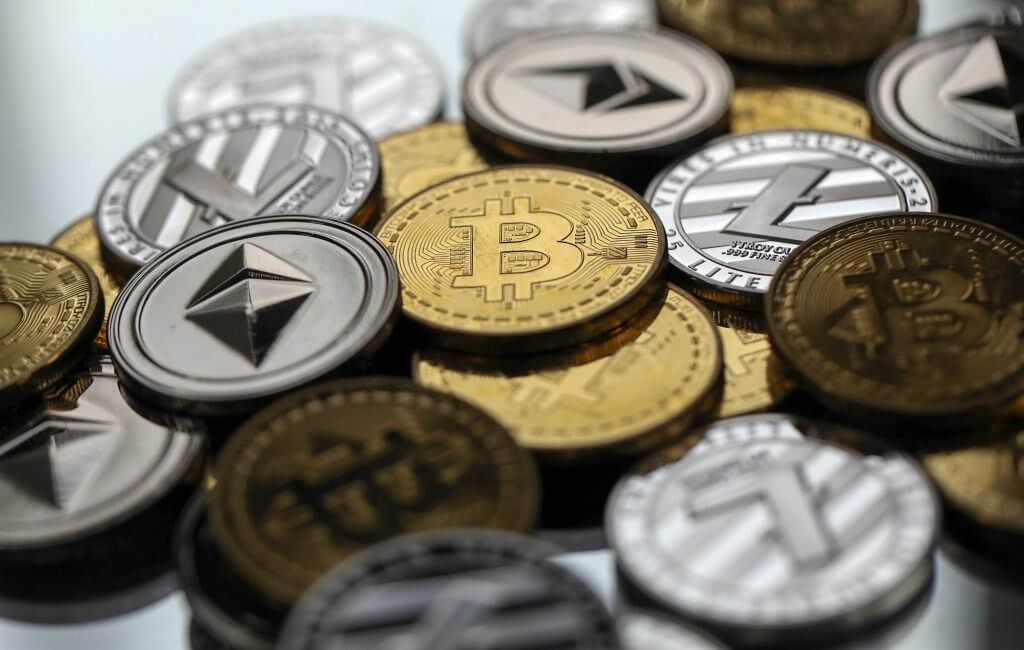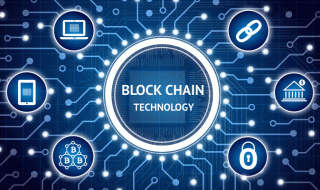The popularity of Bitcoin has led to a sharp increase in demand for cryptocurrency mining, which in turn has put a strain on Missouri’s already-limited energy resources. In 2014, one Bitcoin mining operation in the state consumed as much electricity as the entire city of St. Louis. Nowadays there are lots of cryptocurrencies other than Bitcoin that are providing remarkable profits to their users. One of the most famous cryptocurrencies in them is teslacoin.
This heavy demand for energy has had several impacts on the state of Missouri. First and foremost, it has led to higher electricity bills for residents and businesses alike. Secondly, it has resulted in more blackouts and brownouts, as the electric grid struggles to keep up with demand. And finally, it has created environmental problems, as the increased demand for energy has led to more coal being burned at Missouri’s power plants.
Despite these challenges, Missouri continues to attract Bitcoin miners due to its relatively low electricity costs. However, it remains to be seen how long this will continue, as the state’s energy resources are increasingly strained.
The bitcoin mining process requires a lot of energy. In Missouri, the average cost of electricity is $0.09 per kWh. That means it would cost $924 to mine one bitcoin.
Missourians who have invested in bitcoin mining equipment have seen their electric bills go up significantly. One miner told KOMU 8 News that his monthly bill went from $200 to $1,400 after he started mining for bitcoins.
The high electricity usage associated with bitcoin mining has also led to concerns about its impact on the environment. Bitcoin mines use a lot of energy, which can lead to higher emissions of carbon dioxide and other greenhouse gases.
Some experts say that the environmental impacts of bitcoin mining could be mitigated if more miners used renewable energy sources like solar and wind power. However, it is unclear how many miners are currently using renewable energy.
Despite the concerns about its environmental impact, bitcoin mining has been growing in popularity in Missouri. The number of bitcoin mines in the state has quadrupled since 2017, according to the Missouri Public Service Commission.

Bitcoin mining is not regulated by the commission, but the agency is monitoring the trend. The commission’s chairman, Robert Powell, said that he is concerned about the high electricity usage associated with bitcoin mining.
“We don’t want to see any type of activity that would put upward pressure on electric rates,” Powell said. “That’s our main concern.”
Powell said the commission is also concerned about the environmental impacts of bitcoin mining. He said the agency is working with the Missouri Department of Natural Resources to study the issue.
The DNR is also monitoring the trend. A spokesperson for the department said that it is too early to tell what, if any, regulations might be needed to address the environmental impacts of bitcoin mining.
In the meantime, Missourians who are interested in mining for bitcoins should be aware of the potential risks and rewards. Bitcoin mining is a risky investment, but it can be profitable if done correctly. Those who decide to mine for bitcoins should make sure they understand the process and the risks involved.
Bitcoin mining is the process of verifying and adding transaction records to the public ledger called the blockchain. Bitcoin miners are rewarded with newly created bitcoins and transaction fees. Missouri has a growing number of bitcoin miners due to its low electricity rates, which makes it an attractive place to set up mining operations.
Bitcoin mining consumes a lot of electricity, which can have an impact on the state’s power grid. In addition, bitcoin mining produces a lot of heat, which can be costly to cool down. Bitcoin mining also results in the creation of new bitcoins, which can impact the price of bitcoin on exchanges.
Overall, bitcoin mining can have both positive and negative impacts on Missouri. The state’s cheap electricity rates make it attractive for miners, but the mining operations can put a strain on the power grid and be costly to cool down. Bitcoin mining also affects the price of bitcoin, which can be positive or negative depending on the market.


